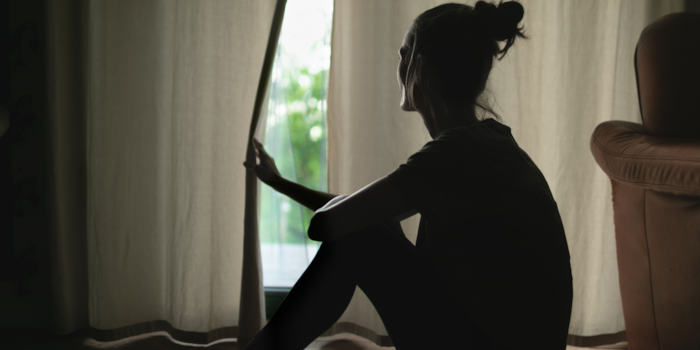
Competitive pressure changes character
Those who have to pull out their elbows early on become tougher and more suspicious as a result. Even years later, the effect can still be proven.
Competition in the classroom leaves its mark. Those who have to learn against rivals show less helpfulness, trust and compassion even years later. This is shown by a study published in the «Journal of the European Economic Association». The researchers led by Fabian Kosse from the University of Würzburg are the first to provide causal evidence that competitive pressure not only inhibits cooperative behaviour in the short term, but also has lasting effects on character.
The basis of the study is a large-scale educational experiment in Chile. The government there introduced the so-called PACE programme in 2014: The top 15 per cent at certain schools automatically received a place at university - regardless of the nationwide admissions process. This was intended to improve the opportunities for committed, socially disadvantaged pupils. For the young people, however, this also meant two years of intense competition within their year group.
The researchers compared more than 6,000 students from 64 «PACE schools» with a control group of the same size from 64 schools without this scheme. Various measures of «prosociality» - i.e. the tendency towards altruism and trust - were surveyed. For example, respondents were asked how willing they were to help others without receiving anything in return or to what extent they assumed that people had good intentions.
The result: at the end of their school years, young people from the competition schools showed significantly lower values in all facets of prosociality. The decline was most pronounced in helping behaviour according to the principle «Like you, like me», known as reciprocity. A new survey four years later of over 1,000 former participants showed similar results: The reduced willingness to help and the drop in trust had remained stable - and related not only to former classmates, but also to people in current everyday life. Male participants were particularly affected.
The findings suggest that competitive pressure can change personality during sensitive developmental phases. This may have far-reaching consequences, as prosociality is considered important for social cohesion and personal development. The researchers therefore warn that seemingly fair percentage plans for university admission may have unintended side effects - they may make university admission easier, but could also weaken social skills.
Spectrum of Science
We are partners of Spektrum der Wissenschaft and want to make well-founded information more accessible to you. Follow Spektrum der Wissenschaft if you like the articles.
Original article on Spektrum.de
Experts from science and research report on the latest findings in their fields – competent, authentic and comprehensible.
From the latest iPhone to the return of 80s fashion. The editorial team will help you make sense of it all.
Show all